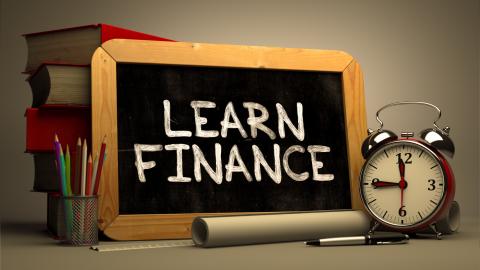High School Teachers and Innovative College Prep
Jan 29,2024
As the landscape of higher education evolves, high school educators are adapting their approaches to better prepare students for the challenges they'll face in college. This article explores the innovative methods employed by high school teachers to equip their students with the skills, knowledge, and mindset needed to thrive in today's collegiate environment.
-
Emphasis on Critical Thinking and Problem-Solving:
- Beyond Rote Memorization: High school teachers are moving away from traditional rote memorization methods and placing greater emphasis on critical thinking and problem-solving skills. By engaging students in complex, real-world scenarios and encouraging them to analyze, evaluate, and propose solutions, educators prepare them for the academic rigor of college coursework.
-
Integration of Technology and Digital Literacy:
- Tech-Savvy Learning: Recognizing the importance of digital literacy in college and beyond, high school teachers are integrating technology into their classrooms. From utilizing educational apps and online resources to teaching coding and digital research skills, educators are equipping students with the technological proficiency needed to excel in a digitally driven world.
-
Cultivation of Self-Advocacy and Independence:
- Empowering Student Voices: High school teachers are empowering students to become self-advocates and take ownership of their educational journeys. By encouraging them to communicate their needs, seek support when necessary, and advocate for themselves in academic settings, educators foster independence and resilience, essential qualities for success in college.
-
Exposure to College-Level Work and Expectations:
- Bridge to Higher Education: To acclimate students to college-level work and expectations, high school teachers are incorporating elements of collegiate coursework into their lesson plans. Whether through advanced placement (AP) courses, dual enrollment programs, or project-based learning initiatives, educators provide students with a preview of the academic rigor they'll encounter in college.
-
Focus on Emotional Intelligence and Well-Being:
- Holistic Development: Recognizing the importance of emotional intelligence and well-being in college success, high school teachers are prioritizing socio-emotional learning initiatives. By fostering empathy, self-awareness, and coping strategies, educators support students' holistic development and equip them with the resilience to navigate the challenges of college life.
-
Real-World Application and Career Readiness:
- Connecting Classroom Learning to Careers: High school teachers are bridging the gap between classroom learning and real-world application by integrating career readiness initiatives into their curricula. Through internships, job shadowing opportunities, and industry partnerships, educators provide students with valuable insights into potential career paths and the skills needed to succeed in their chosen fields.
-
Cultivation of Cultural Competence and Global Awareness:
- Preparing Global Citizens: In an increasingly interconnected world, high school teachers are cultivating cultural competence and global awareness among their students. By incorporating multicultural perspectives, global issues, and cross-cultural communication skills into their lessons, educators prepare students to navigate diverse environments and thrive in a globalized society.
As high school educators adapt to the changing demands of higher education, their innovative approaches are equipping students with the multifaceted skill set needed to excel in modern college challenges. By emphasizing critical thinking, digital literacy, self-advocacy, exposure to college-level work, socio-emotional well-being, career readiness, cultural competence, and global awareness, educators are empowering students to navigate the complexities of college life with confidence and competence. In doing so, they not only prepare students for academic success but also foster their personal and professional growth as lifelong learners and global citizens.





